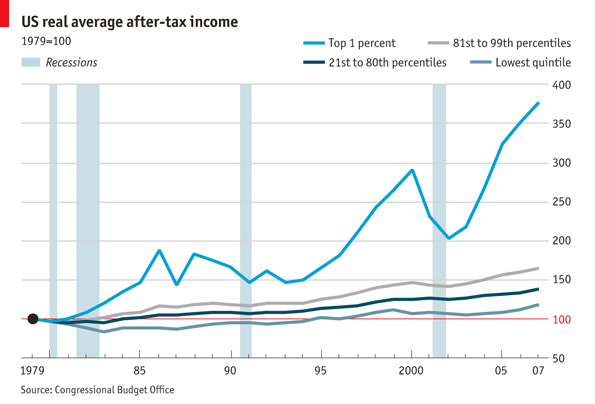Wealth Gaps, Income of the Rich, Income of the Poor mechanic
I've been playing this game for quite a while now but I don't remember ever seeing an issue that raised Wealth Gaps without affecting both Income of the Poor and Income of the Rich at the same time ie: the wealth gap is made larger by making the poor poorer and the rich richer. Why is that so? Wealth gap IRL can increase if the poor don't get any poorer but the rich get richer. In fact, it can increase if both get richer, just not at the same rate.
There are a great number of issues in Nationstates that lower the income of the poor for no good reason, practically any issue resolution that allows private enterprise to flourish. Many of them make sense neither from a realistic standpoint nor if we apply common sense. Of course, there are also cases when the poor becoming poorer is entirely justified, for example instituting flat tax rates, or lowering the minimum wage, or abolishing it entirely, but the point is that maybe it would be about time to revise the mechanic that handles wealth gaps and incomes.
I speculate that RN, the issues affect Wealth gaps and incomes are calculated after as a secondary effect, if that's right, it should be turned around, issues should affect incomes and the wealth gap should be calculated based on them.
There are a great number of issues in Nationstates that lower the income of the poor for no good reason, practically any issue resolution that allows private enterprise to flourish. Many of them make sense neither from a realistic standpoint nor if we apply common sense. Of course, there are also cases when the poor becoming poorer is entirely justified, for example instituting flat tax rates, or lowering the minimum wage, or abolishing it entirely, but the point is that maybe it would be about time to revise the mechanic that handles wealth gaps and incomes.
I speculate that RN, the issues affect Wealth gaps and incomes are calculated after as a secondary effect, if that's right, it should be turned around, issues should affect incomes and the wealth gap should be calculated based on them.

